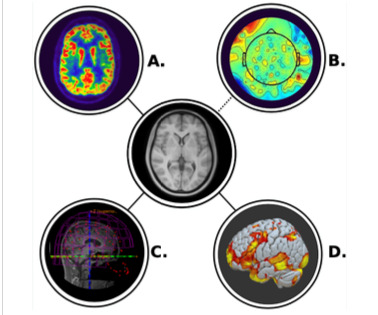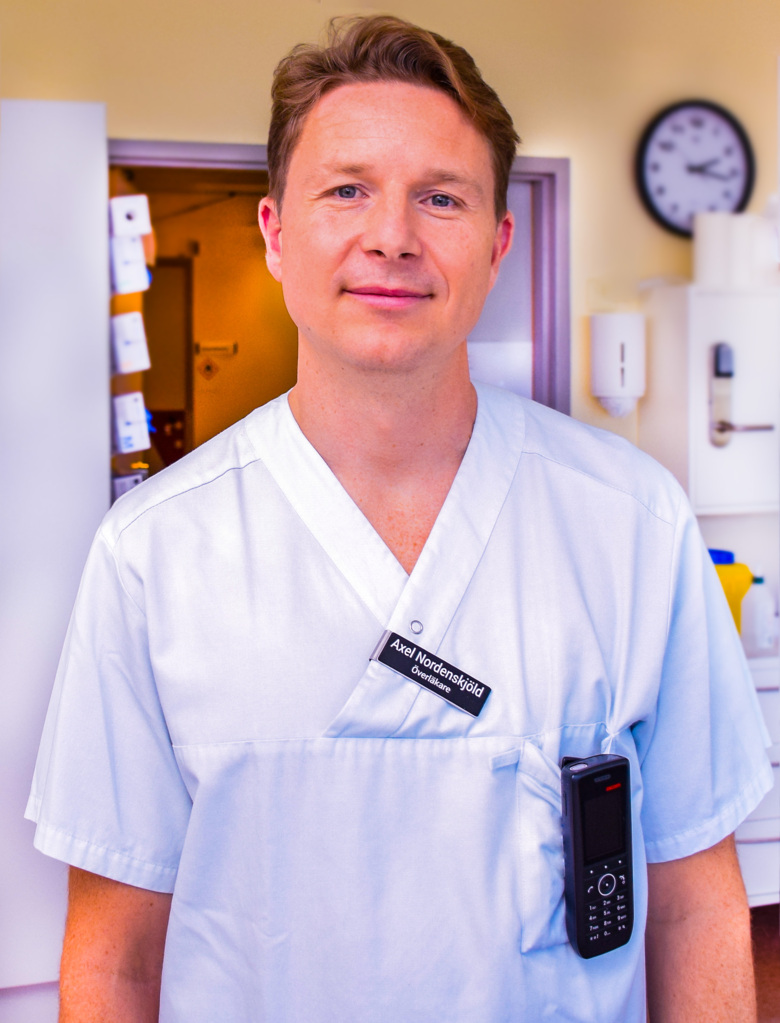CAPSI
Cancer related major depression treated with a single dose of psilocybin: A randomized placebo controlled double blind clinical trial funded by the Swedish Research Council.
Every year, around 70 000 Swedes are diagnosed with cancer. About a third of these develop depression. Despite the special circumstances, with concurrent cancer treatment, reduced quality of life, and risk of limited life expectancy, there are no specific antidepressant treatments in regular care for this patient group.

A single dose of psilocybin combined with psychological support has shown rapid (within days) and long term (months or years) antidepressant effect in several small studies in different cancer populations. However, large, well designed RCT:s are still lacking, as is response predictors for treatment guidance.
CAPSI will recruit 100 patients with cancer and depression that have an ongoing oncology clinic contact in Region Stockholm, Uppsala, Västra Götaland or Örebro during 2024-2026. Patients will be randomized to receive either psilocybin or an active placebo. Primary end point is depressive symptoms six weeks post dose. Follow up at six months. Potential side effects, various aspects of the therapeutic component and the health economic value of treatment will also be studied. In addition, all patients will submit blood samples and undergo EEG before and after treatment. All patients in Region Stockholm and Uppsala will also undergo MEG, fMRI and PET in order to understand psilocybin's mechanism of action in depression and to develop a marker that can provide a predictor model for psilocybin treatment response.
CAPSI is expected to gather necessary data on both the efficacy and side effects of psilocybin, in order to assess the feasibility of a phase 3 trial of psilocybin for depression in cancer patients. A phase 3 trial would also provide opportunities to refine the predictor model. If proven successful, both a prognostic tool and the actual treatment could then be introduced into regular clinical care.
Principal Investigator (PI)
Johan Lundberg
MD, professor.Participating Researchers

Maria Beckman
PhD, clinical psychologist, specialist in clinical psychology.Responsible for the therapeutic component.

Robert Bodén
MD, professor, Akademiska sjukhuset Uppsala
Opokua Britton Cavaco
Research coordinator/research nurse, PET-centrum, KICarl-Johan Ekman
MD, PhD, KI and SLSO
Daniel Giglio
MD, associate professor, Sahlgenska Akademin, GöteborgMikael Landén
MD, professor, Region Västra Götaland
Daniel Lundqvist
Senior research specialist, KI
Axel Nordenskjöld
MD, associate professor, Region Örebro
Dea Siggard Stenbaeck
Clinical psychologist, associate professor, Rigshospitalet and KU, Denmark
Per Svenningsson
MD, professor, Karolinska InstitutetJeanette Winterling
PhD, Nurse Specialist, Karolinska University Hospital, KI
